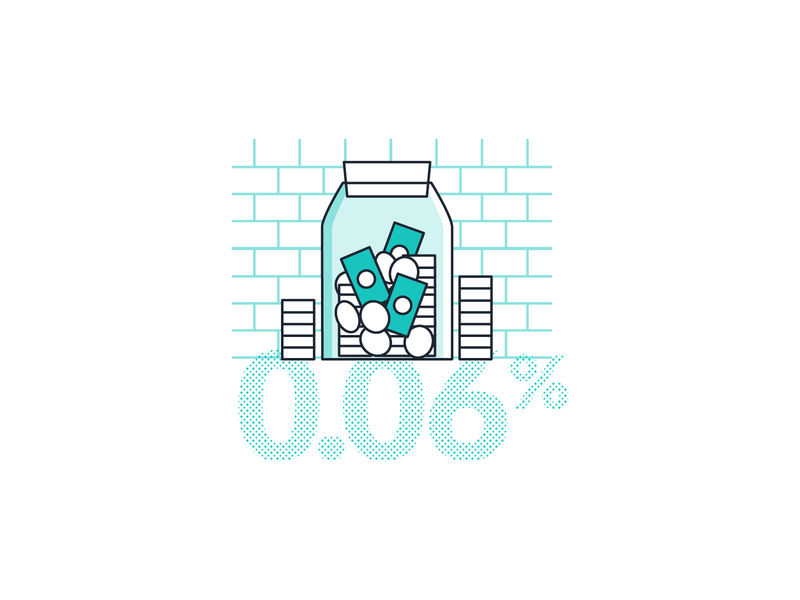The Financial Impact Of Back-Pedaling An Efficiency Bond
The Financial Impact Of Back-Pedaling An Efficiency Bond
Blog Article
Article Composed By-
When a surety problems an efficiency bond, it assures that the principal (the party who purchases the bond) will certainly fulfill their commitments under the bond's terms. If the principal stops working to meet these responsibilities and defaults on the bond, the guaranty is accountable for covering any kind of losses or problems that result.
1. Loss of credibility: Back-pedaling an efficiency bond can harm the principal's reputation and reliability, making it more difficult to protect future business or funding.
2. Legal and management prices: The guaranty may need to pay lawful and administrative expenses connected with going after the principal for damages or trying to rectify the situation.
3. Monetary losses: The surety may need to cover the cost of completing the task or giving the services that the principal stopped working to provide. This can result in considerable economic losses for the guaranty.
4. Raised premiums: If the principal has a background of back-pedaling efficiency bonds, they may be called for to pay greater premiums in the future to obtain the required bonding.
Overall, defaulting on a performance bond can have major financial repercussions for both the principal and the surety. It is necessary for principals to very carefully consider their commitments and ensure they have the ability to meet the terms of the bond to prevent these negative end results.
Back-pedaling an efficiency bond can be a costly error for organizations. When you fail to meet the bond's responsibilities, the monetary repercussions can be substantial. From paying the complete bond amount to possible legal fights and harmed relationships, the effects can reverberate throughout your company procedures. Understanding the elaborate web of monetary impacts that back-pedaling an efficiency bond can have is vital for guarding your company's economic wellness and reputation.
Financial Penalties for Defaulting
If you default on a performance bond, you'll likely face significant punitive damages. These fines can vary relying on the terms of the bond agreement however frequently entail paying the bond quantity completely to the obligee. This indicates that if you fail to meet your legal responsibilities, you need to pay the bond total up to the task owner or the entity that required the bond.
Additionally, you might additionally be in charge of any added expenses sustained by the obligee as a result of your default, such as finding a replacement professional or covering job delays.
Back-pedaling an efficiency bond can additionally cause lawful charges and court expenses if the obligee chooses to take lawsuit versus you to recover the bond amount. These expenses can swiftly add up, more intensifying the monetary effect of your default. It's vital to very carefully examine and recognize the regards to the performance bond to prevent these serious financial penalties.
Effect On Organization Capital
Defaulting on a performance bond can substantially influence your organization capital, influencing monetary security and operational abilities. When you back-pedal an efficiency bond, you run the risk of losing the bond amount, which can be a significant amount. This loss straight influences your cash flow, as you'll need to discover alternate sources of funding to cover the bond quantity. Additionally, skipping can cause increased examination from sureties, making it tougher and a lot more costly to secure bonds in the future. This can better strain your cash flow as you may need to designate additional resources to fulfill bonding needs.
The effect on your cash flow does not quit there. Back-pedaling a performance bond can also result in task hold-ups or terminations, bring about a loss of earnings. Furthermore, bond a property that includes defaulting can deter prospective clients, better lowering your capital. In general, defaulting on a performance bond can have damaging results on your organization's economic health and capability to operate smoothly.
Lawful Implications and Legal Actions
Encountering legal ramifications and potential claims because of back-pedaling an efficiency bond can significantly influence your service's track record and financial standing. When you back-pedal a performance bond, the guaranty business might take legal action to recover the bond amount paid out. This could result in pricey lawful costs, court expenses, and prospective negotiations or judgments against your company.
Additionally, defaulting on a performance bond may cause damaged connections with clients, subcontractors, and providers, affecting your capacity to protect future contracts. bond prospectus emerging from bond defaults can taint your organization's reliability in the industry, making it challenging to bring in brand-new partners or consumers.
Additionally, if the default brings about a court judgment against your business, it can cause property seizure or liens, even more straining your economic stability. Consequently, bonding agencies to understand the lawful implications of back-pedaling an efficiency bond and take positive steps to reduce the threats entailed.
Verdict
As you deal with the consequences of back-pedaling an efficiency bond, remember this: it's like walking a tightrope without a safety net. One wrong step can send you plummeting into an economic freefall, without means to quit the fall.
The financial penalties, cash flow influence, and lawful ramifications are all waiting to catch you if you blunder. So tread very carefully, and always recognize your dedications to avoid the severe repercussions of default.
